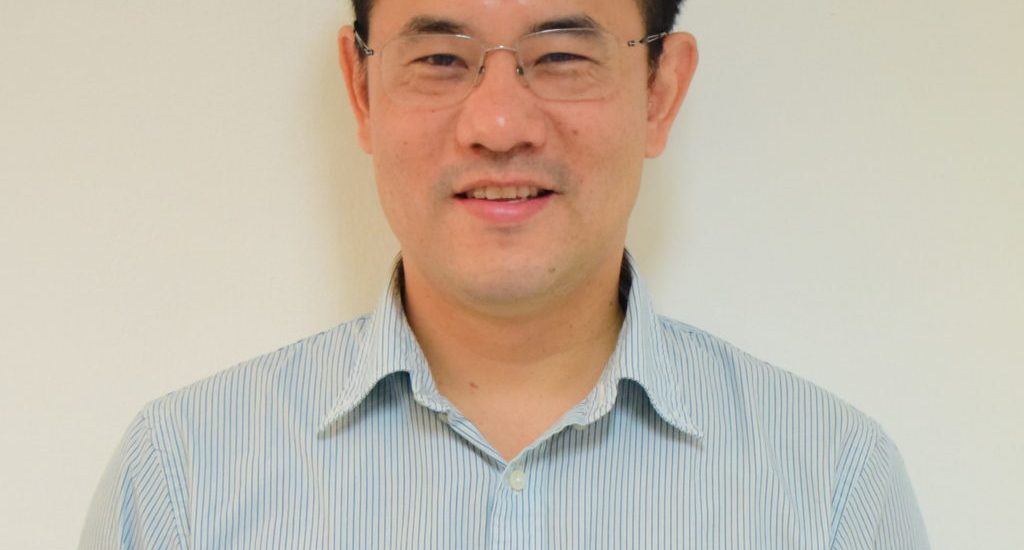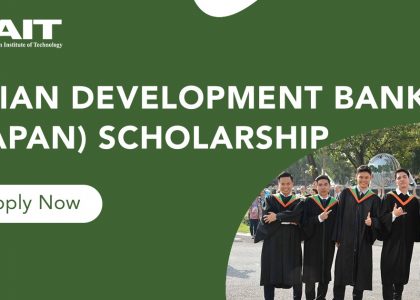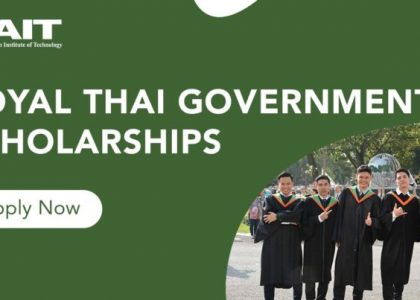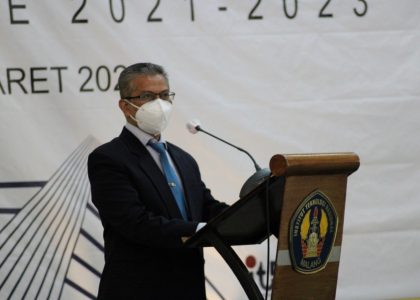Dr. Ekbordin Winijkul from EEM Program, Department of Energy, Environment and Climate Change attended the Health Investigation and Air Sensing for Asian Pollution (Hi-ASAP) Initiative Workshop held in Taipei from 2nd to 6th September 2019.
The workshop was hosted by Academia Sinica, the National Academy of the Republic of China, which supports research activities in a wide variety of disciplines, ranging from Mathematical and Physical Sciences to Life Sciences, and to Humanities and Social Sciences.
The Hi-ASAP Initiative workshop consisted of four-day lectures on how to use air sensors and health monitoring devices for exposure assessment study, and one-day hands-on field trip to use the air sensor in Taipei with a final presentation from the participants.
This workshop initiative was developed under the umbrella of the International Global Atmospheric Chemistry project – Monsoon Asia and Oceania Networking Group (IGAC-MANGO). The objectives of the workshop is to apply low-cost sensors to assess PM2.5 exposure levels, patterns, behaviors, and source characteristics of short-term or peak exposures and to evaluate the changes in health indicators of acute health effects in order to assess the short-term PM2.5 damage coefficients of exposure-health relationship, and to provide scientific evidences to set criteria or ceiling levels of PM2.5 with shorter exposure periods.
The workshop was attended by 22 participants from more than ten different countries, including Bangladesh, Indonesia, Japan, Malaysia, Mongolia, Myanmar, Pakistan, Philippines, Taiwan, Thailand and Vietnam.
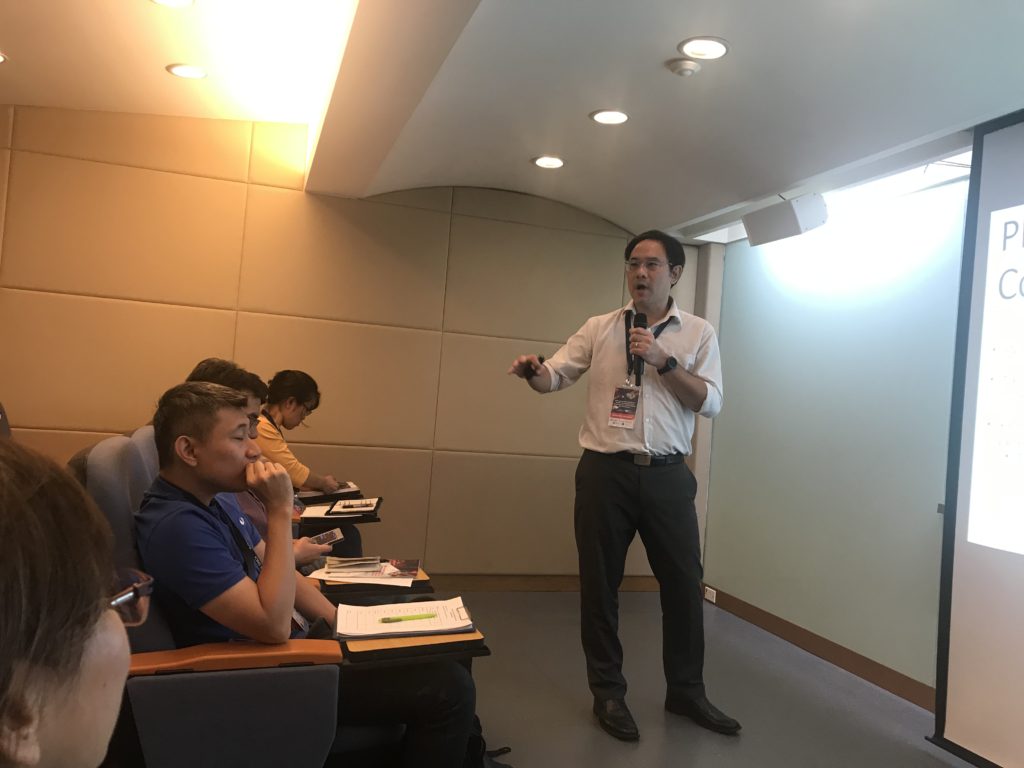
At the end of the workshop, Dr. Ekbordin presented his findings from using air sensors and health monitoring devices at the night market in Taipei.

